You are curious to learn more about sustainable nutrient management?
You are in luck! NUTRI-KNOW hosted a series of webinars covering each step of the nutrient management value chain. Our experts from institutions all over Europe shared their insights and answer your questions. Below you find more detailed information on each webinar. The full playlist of the recordings can be found here.
About NUTRI-KNOW
Several Operational Groups (OGs) across Europe have developed sustainable practices and solutions for nutrient management. These solutions range from organic fertilisation methods to nutrient recycling and slurry management. However, they have not been appropriated by farmers and practitioners as expected. That’s where NUTRI-KNOW comes in. Building on the innovative practices of 12 OGs, we are consolidating and exchanging their knowledge with easy-to-understand material. For example, our Community of Practice offers a low-level exchange of knowledge and the chance to ask questions. Feel free to join!
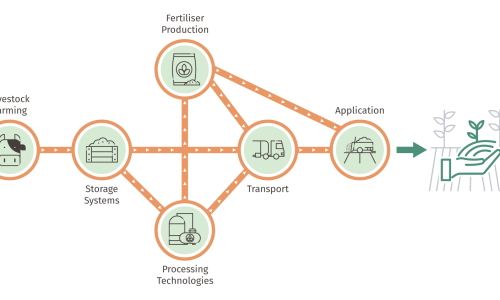
October 8: Introductory webinar
In our introductory webinar, we will provide an overview of the upcoming sessions, highlighting recent findings from Operational Groups involved in the NUTRI-KNOW project. We will explore innovative technologies and practices advancing sustainable farming and nutrient management. This webinar offers you the opportunity to share your interests and help shape the focus of future sessions. Join us to gain insights and contribute to the conversation on the latest advancements in sustainable agriculture.
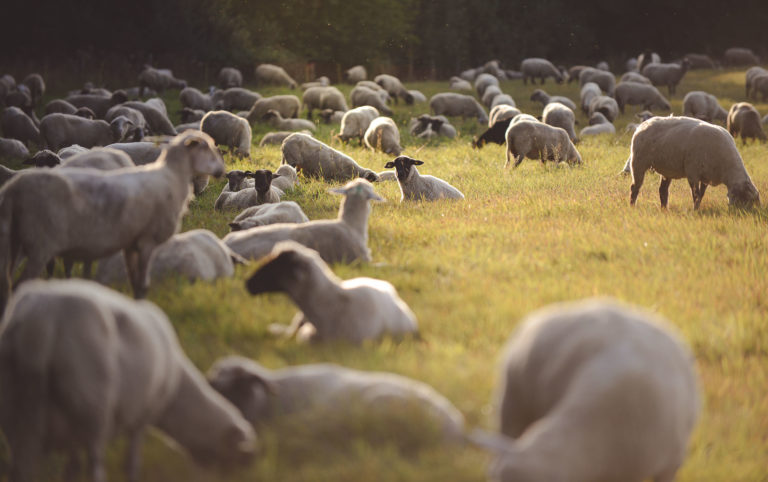
October 15: Livestock Farming
In this webinar, we will explore strategies for sustainable livestock farming in Europe. We will discuss technologies to reduce ammonia and greenhouse gas emissions from livestock housing or how to convert freshly harvested grass into optimised feed for cattle and pigs. We will also discuss strategies to improve water quality through farm-level interventions and manure management.

October 22: Application
This webinar will focus on fertiliser application strategies to improve nutrient efficiency and reduce environmental impact. The session will cover practical tools like slurry concentrators and conductometers that support on-site nutrient monitoring and precision fertilisation. We will also explore the application of struvite and ammonium salts recovered from agro-wastes. Accordingly, recommendations will be provided for efficient application practice, integrating soil, crop, fertiliser and water managements.
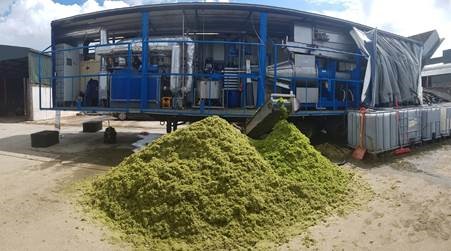
October 29: Processing Technologies
During this session, we will discuss different nutrient recovery methods, such as separating manure into nutrient-rich and low-nutrient fractions, enabling more efficient transport and application. We will also talk about recovery of ammonium salts from manure through stripping and scrubbing and a farm-scale prototype for recovering struvite from agricultural digestate. We'll also explore small-scale biogas production from on-farm biomass and innovative use of grass in a circular economy approach.
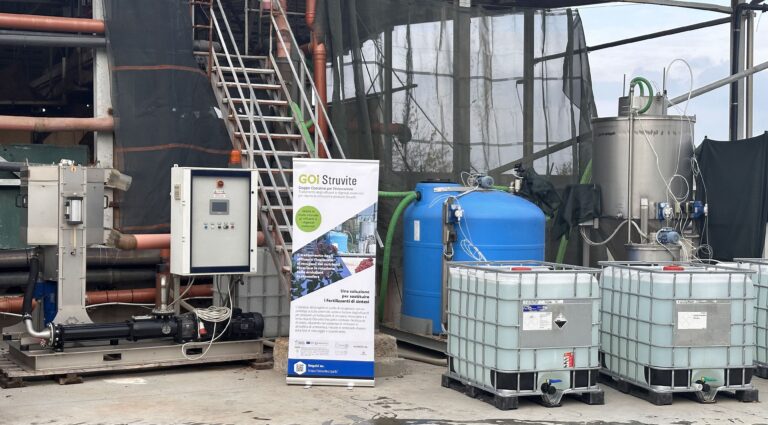
November 5: Fertiliser Production
Join us for a webinar exploring our insights on fertiliser production technologies and practices. This session will cover the transformation of agricultural by-products like manure and grass into valuable fertilisers. It features methods such as stripping-scrubbing, struvite precipitation, and the use of grass juice for algae cultivation.

November 12: Transport
This webinar will explore innovative strategies and technologies aimed at streamlining nutrient transportation, enhancing both economic and environmental efficiency. Key topics include the Slurry Concentrator, which reduces transport costs and emissions, and advanced software tools for optimising transport logistics. Learn how pelleted biofertilisers and specialised transport models can significantly reduce nutrient transport distances and improve sustainability.
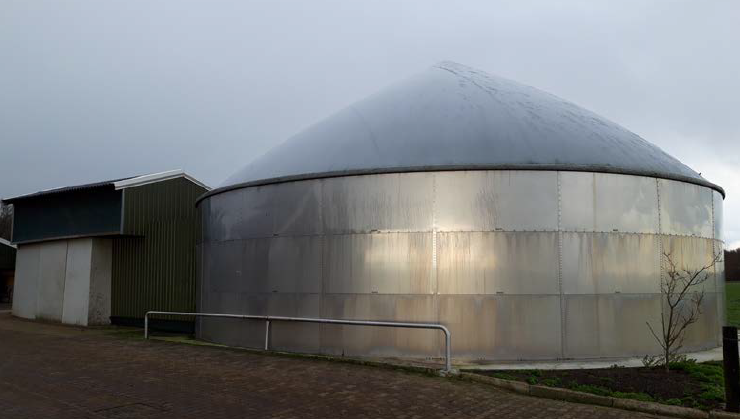
November 19: Storage Systems
In our last webinar, we will explore advanced manure storage systems. We will introduce you to innovative decision support tools, technologies, and best practices for optimising manure storage and reducing environmental impacts. Learn about efficient storage solutions that minimise ammonia and greenhouse gas emissions and discover strategies for improving nutrient management in organic farming. The webinar will also highlight practical recommendations and tested technologies for enhancing compost quality, biogas production, and the use of recycled manures.